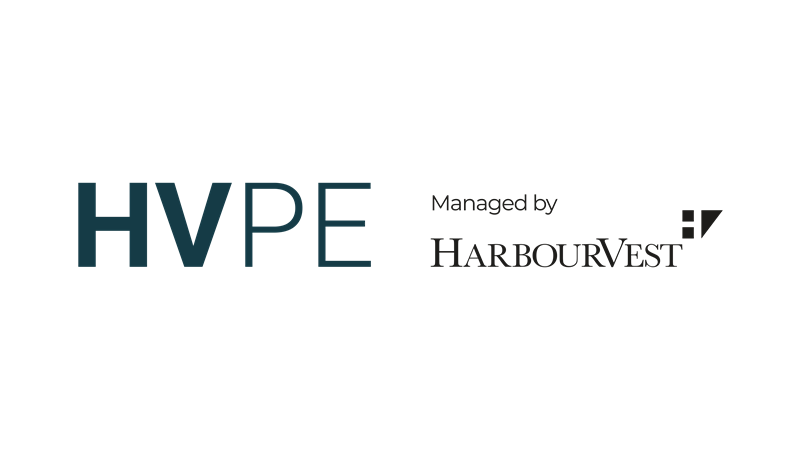Managing Offices During Lockdown: Why Hedge Funds Should Consider Early Dilapidations Review
With office doors closed during the lockdown, hedge funds across the country have been faced with a question rarely presented before – what do we do about the empty office? With many firms realising work can be completed effectively remotely, they face difficult conversations in the weeks ahead.
Some may look to contract the size of their office; others might contemplate ending their lease altogether. Either way, the management of their leases will be rising to the top of their ‘to do lists’. At a time when balance sheets will be under closer scrutiny for many firms, moving out of an existing office will need to be managed as cost effectively and seamlessly as possible. As such, it is advisable that firms begin to consider the implications of an office departure sooner rather than later, and think about the steps that could be taken to help mitigate these risks.
Early dilapidations review
When moving out of an office, a key consideration for hedge funds will be the effective management of their lease obligations and resulting dilapidations claim. Just because employees have not been in the office for a number of weeks does not mean that damages incurred before the lockdown have disappeared; nor has the firm’s obligation to pay for its repair before departure. To avoid being faced with large bills (sometimes totalling tens of thousands), firms must begin to consider a dilapidations strategy early in their departure process.
Thinking about the end
An early dilapidations review allows the tenant to set out its lease obligations, understand the costs involved with an exit from the space and decide on a strategy before serving notice. This approach ultimately helps firms manage their cash flow and mitigate against potentially large dilapidations bills.
It also means that firms can instigate early discussions with their landlord, giving them ample notice that they will be moving on. The landlord itself will also then have more time to plan for the departure and potentially has the opportunity to undertake improvement works on the space prior to the current lease’s expiry. A win-win for the firm and its landlord! Transparency between parties in a lease will prove very important in the current climate, ensuring that all parties can prepare and set up a cost effective and smooth transition.
However, if the dilapidations matter is left to the last minute, it can leave tenants with the headache of increased costs, which had not been factored into the overall expenditure allowed for when the firm was trying to manage the challenges of a new office fit-out and relocation of its staff. By being proactive and agreeing a strategy either prior, or close, to the lease ending, it avoids costly surprises.
Social distancing
However, some may be concerned about how they can actually complete a dilapidations review and office move whilst businesses are still being encouraged to work from home. But it is possible. Social distancing measures will need to be factored into these preparations. Individuals completing the review must do so in an environment that meets all health and safety requirements, without putting themselves or any occupiers of the building at risk, and every building and inspection needs to be fully risk assessed and agreed between all parties. This could include setting out a plan for ensuring social distancing is maintained throughout the building tour and making sure all those involved in the process have access to the appropriate PPE.
The business landscape has changed dramatically in recent months and it will not be a surprise that many firms previous office requirements no longer stand in a world of social distancing and remote working. However, it is likely that many businesses will overlook the costs that could be saved during the office move by reviewing dilapidations ahead of time. Considering how to prepare and pay these bills, albeit in a socially distanced fashion, will be key for firms looking to adapt to the future of work and save money on the way.
**********
Matthew Sharkey is a Director at Hartnell Taylor Cook
***
The views expressed in this article are those of the author and do not necessarily reflect the views of AlphaWeek or its publisher, The Sortino Group
© The Sortino Group Ltd
All Rights Reserved. No part of this publication may be reproduced, stored in a retrieval system or transmitted in any form or by any means, electronic, mechanical, photocopying, recording or scanning or otherwise, except under the terms of the Copyright, Designs and Patents Act 1988 or under the terms of a licence issued by the Copyright Licensing Agency or other Reprographic Rights Organisation, without the written permission of the publisher. For more information about reprints from AlphaWeek, click here.







